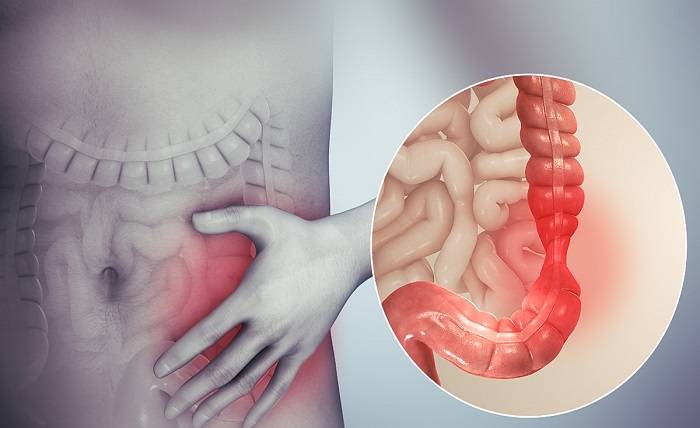If you are wondering what is the full form of IBS, you are not alone. Thousands of people suffer from this disorder every year. It can limit your ability to work, travel, and attend social functions. People with IBS should limit the amount of dairy they eat smaller meals more often. People with IBS should also keep a food diary to monitor what triggers symptoms. Common triggers for IBS include red peppers, green onions, wheat, and cow’s milk. You can get calcium through supplements or by following a low-FODMAP diet.
Women with IBS are more likely to experience symptoms during menstruation, but menopausal women tend to have fewer symptoms than their menstruating counterparts. Some women find that their symptoms increase during pregnancy, while men with IBS don’t experience the same severe effects. Women with IBS often feel depressed, and many find it difficult to concentrate at work. People with IBS may be anxious or depressed because they feel like they’re losing control. Some people with IBS report feeling constantly on the lookout for the bathroom.
While the exact cause of IBS is not known, researchers have identified several possible causes. Some theories revolve around changes in gut movements, changes in brain-gut messages, and the presence or absence of certain bacteria. The immune system and genetics are also suspected as contributing factors. Ultimately, your healthcare provider will decide what kind of treatment is right for you. If you suspect IBS, start with a diet high in fiber foods and exercise.
Treatments for IBS include antidiarrheal drugs, such as loperamide. These drugs are most helpful when the problem is diarrhea-predominant. You should never exceed the recommended dose of loperamide, as it can cause serious problems for your heart. And as always, follow your doctor’s instructions for any medications. This can make it easier to deal with IBS.
Some people with IBS develop the condition after experiencing a severe gastrointestinal infection. Others suffer from it when they are under stress. This is unlikely to be the cause, though stress is known to affect the digestive system and increase the risk of an IBS flare-up. If you suspect you have IBS, it is essential to seek medical care. And remember, there is no need to feel embarrassed. Your health is yours alone. IBS is a reversible condition.
Treatment for IBS varies and is highly personalized for you. No one type of treatment works for everyone, so make sure you talk to your healthcare provider for a treatment plan that works best for you. You may have to make some lifestyle changes to alleviate your symptoms, take medications, or learn how to relax. If you have a strict diet, you may find that it helps to avoid these triggers.
There are several food triggers associated with IBS. You should avoid consuming excessive amounts of dietary fat, monosodium glutamate, and alcohol. In addition, you should limit or eliminate the intake of alcohol, nicotine, caffeine, and other GI stimulants. It’s best to consult a registered dietitian before eliminating any food group from your diet. Also, consider reading the Canada Food Guide and following a balanced diet plan.












